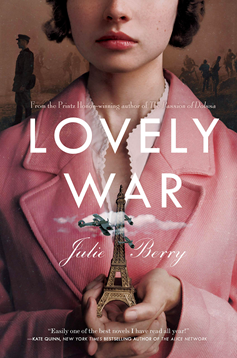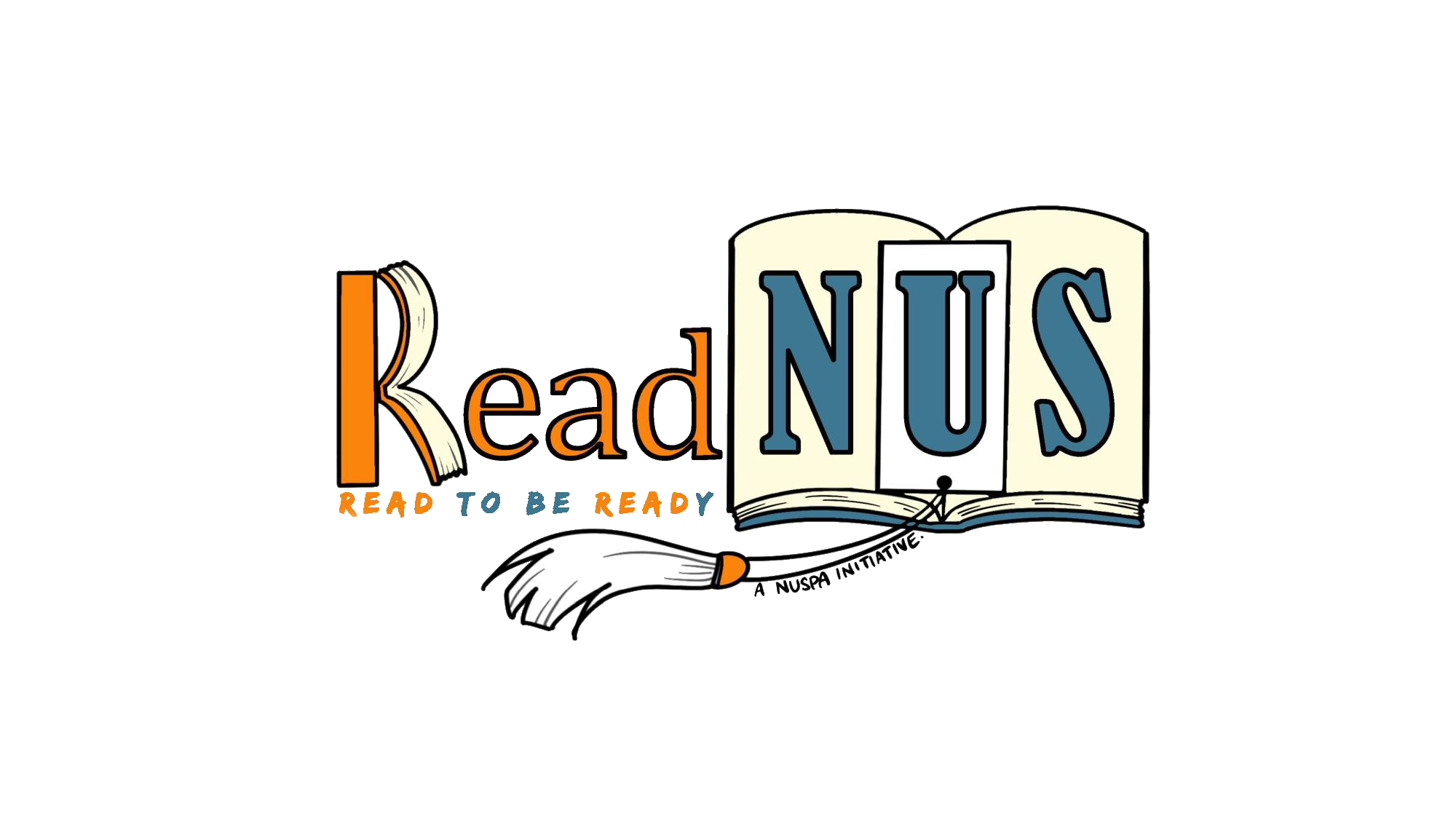Of Love and Ruin: Reviewing “Lovely War” by Julie Berry
The oxymoronic title of this book may raise some questions, even skepticism. For how can love and affection ever arise out of something so inherently catastrophic and destructive?
Yet against all odds, Lovely War by Julie Berry tells a tale (or more accurately, two) of how the most epic love stories are birthed from the darkest times. A captivating concoction of romance and historical fiction with a sprinkling of Greek mythology, this book is sure to break your heart, piece it back together and do it all over again.
“Kisses by the billions happen every day, even in a lonely world like ours. But this is a kiss for the ages.”

A Love Story for the Ages
Lovely War chronicles the stories of two couples: Hazel and James, who fall in love just before James is sucked into battle, and Colette and Aubrey, bound together by their affinity for music. The paths of the four protagonists are weaved elegantly together to craft a compelling tale of friendship, love, sacrifice and camaraderie that is seamless in its execution.
While the insta-love trope is very much evident at the beginning and could be potentially off-putting for some, the subsequent development of relationships between the characters is written with such depth and emotion that you can’t help but feel that they were destined for each other anyway. And the writing itself is mesmerizing — it is descriptive without being dreary, evocative but not exaggerated.
The two central love stories were a joy to read, but I also developed a real affection for each of the four main protagonists. Hazel, initially a portrait of meekness and diffidence, displayed quiet bravery and resilience amid hardship. James, battered and bruised by the war, nevertheless held onto love to make himself whole again. My heart broke for Colette, who had lost so much in the war but was still filled with spunk and spirit. And I was endlessly charmed by the charismatic Aubrey, whose wit and confidence were unmatched.
With the possibility of an untimely end lurking round every corner (it is World War I after all), I hoped against hope that all the characters would get their happily ever after. And while it certainly didn’t come in a pretty little package, with each of them carrying their battle scars with them even after the war, the realistic portrayal made me appreciate the story even more.
A Love Story for the Suffering
Of course, the battlefield isn’t a bed of roses — while war reared its ugly head, so did racism, loss and post-war trauma, which are a few of the central issues explored in Lovely War.
The book illuminates the struggles faced by African American soldiers during the war through the perspective of Aubrey, a talented Black pianist in a jazz military band. Rampant racism proves to be just as lethal as the war itself, as racial tensions culminate within the camps and boil over into bloodshed. The Historical Note written by the author at the end of the book pays tribute to the contribution of Black soldiers during the war, and sheds some insight into the discrimination and violence they were subjected to during that period.
“The story of America’s contribution to the final year of World War I is one of sacrifice, valor and honor. But it’s not a story of unalloyed white heroism. The shameful truth of how black servicemen who risked all for their country suffered widespread hatred, betrayal and violence from their country is a crucial part of the story.”
The story also covers post-war trauma suffered by servicemen through a striking portrayal of James, who emerges from battle psychologically scarred. In addition, the loss of friends and loved ones to the clutches of war was illustrated through deeply poignant prose, and I shed many a tear even for side characters who didn’t get much airtime; the writing was just that masterful.
The time and effort that went into researching for the book is clearly shown in the author’s sensitivity in tackling such difficult issues, and added to the depth and authenticity of the story.
A Love Story for the Gods
Without a doubt, what makes Lovely War such a riveting read is its unique style of narration. The story is told by Greek gods, with the main narrator being none other than the Goddess of Love herself. Indeed, there can be no one more fitting for the role, given that Aphrodite had been heavily involved in bringing the lovers together through her divine intervention. Similarly, the involvement of the other gods either helped to intertwine the lovers even further or drove a wedge between them at different points in time — it was simply fascinating to see how the workings of the deities shaped the trajectories of our protagonists.
“Do you know what it’s like,” she says, “to spend eternity embedded in every single love story—the fleeting and the true, the trivial and the everlasting? I am elbow deep in love, working in passion the way artists work in watercolors. I feel it all.”
Aphrodite makes for an enchanting storyteller, and throughout the book she calls on Ares, Hades and Apollo to explain their involvement as well (with war, death and music being central motifs of the plot). Not to worry if you’re unfamiliar with Greek mythology though — the references didn’t feel alienating to someone who knows next to nothing about the subject, and the humanising way in which the gods were characterised brought them well within mortal comprehension.
With that being said, it’s likely that you’ll appreciate the book even more if you have some knowledge of Greek mythology. You’ll be able to fully enjoy the humorous banter between the gods, which provide much-needed moments of comic relief as such:
Hades produces for himself a tin of mints and selects one carefully. “Mortals are so very fleshy. Ruled by appetites. They gurgle. Bulging with fluids… [bodies] don’t interest me in the slightest.”
“Bet that’s not what you told Persephone.” Ares laughs like a boy in a locker room.
Perhaps the higher powers aren’t so different from us baser mortals after all.
On the whole, the inclusion of the deities’ perspectives added a general atmosphere of mystique to the plot which I thoroughly enjoyed.
Final Musings
At the end of the day, Lovely War is a love letter to those who are still able to find love and hope amid darkness and disaster. Perhaps, it is in such times of calamity that we need love and human connection most. After all, as passionately declared by the Goddess of Love:
“Let them start their dreadful wars, let destruction rain down, and let plague sweep through, but I will still be here, doing my work, holding humankind together with love like this.”
By: Megan
